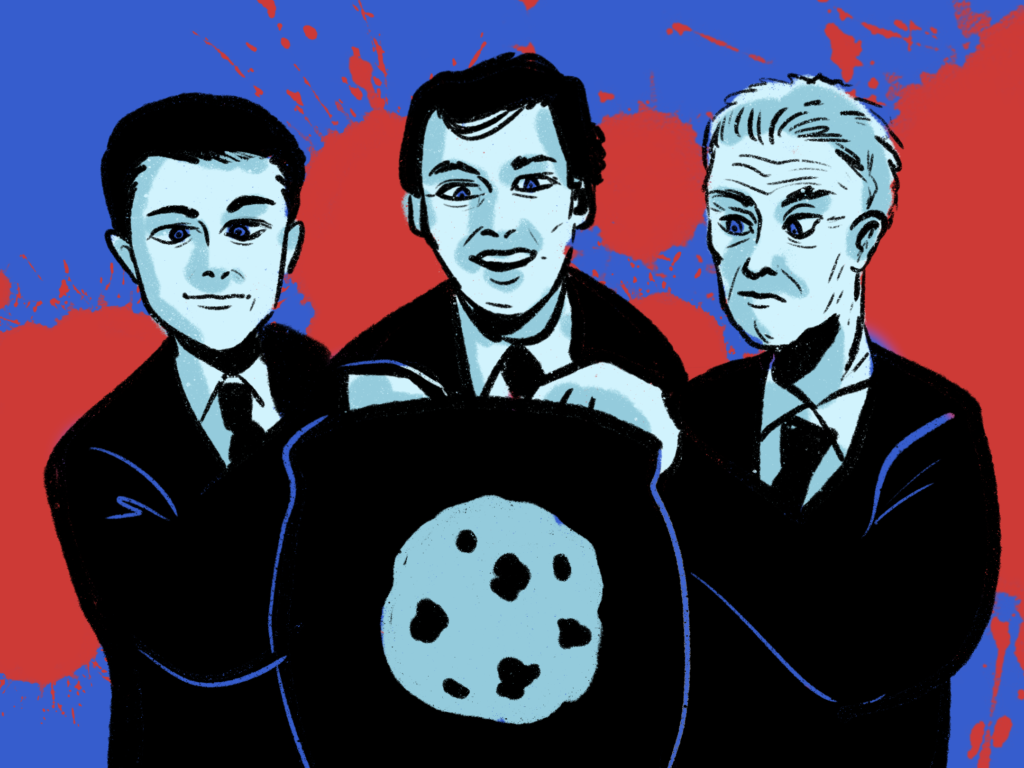Presidential debates are the most amusing part of the democratic process; up to 20 candidates partake in childish yelling matches for airtime. Politicians desperate for 10 seconds of fame, in valiant efforts to make headlines, have threatened the integrity of the democratic process. These debates, which are the most public part of the primary process and crucial to the larger battle for the presidency, shed light on a dangerous shift in politicians’ focus from candidacy to mere publicity.
Cabinet appointments and campaign efforts following the presidential election reveal the intentions of unknown fringe candidates who were destined to lose. In the current political climate, primaries are now a route to political clout and prized presidential appointments instead of a meaningful fight for candidacy. Furthermore, this chase has exposed the American public to political and ideological fringes, further polarizing an already divided nation.
There are clear examples of both political parties exploiting the primaries this season. For instance, Democrat Robert F. Kennedy Jr., nephew of President John F. Kennedy ’35, has made a name for himself as a proponent of various conspiracy theories, having claimed that vaccine research led to millions of deaths during the Spanish Flu, Covid-19, and HIV outbreaks. Likewise, Kennedy propagates a conspiracy that claims certain chemicals in water cause gender dysphoria (an idea first popularized by Alex Jones of the conspiracy theory website Infowars).
Considering such absurd claims, it is worrying that Kennedy, polling between only 10-15% compared to Joe Biden’s 60-75%, has seemingly received more media attention than the Democratic frontrunner. Regardless of whether Kennedy sees success in the primaries this upcoming spring, he will have gained priceless notoriety, potentially setting him up for a successful candidacy in a smaller public office.
Another captivating story of using primaries as a route to fame is that of Pete Buttigieg. Prior to the 2020 presidential race, Buttigieg was remarkably unremarkable. Regardless, Buttigieg, a politician with large ambitions, saw the Democratic primary and its potential to be the fastest route to gaining notoriety. Despite polling averages peaking at 10%, President Joe Biden selected Buttigieg for the utmost consolation prize: a minor cabinet position.
This is not to say that Buttigieg’s role as Secretary of Transportation serves no purpose at all; still, Buttigieg often dedicates his time to maintaining a public figure rather than enacting change. With the exception of a select few cabinet positions, this is the reality reflected by many federal department secretaries. However, this lack of impact is typically not an issue for most politicians, as the cabinet is a mere stepping stone to more meaningful public office.
Likewise, the former governor of New Jersey, Chris Christie criticized Donald Trump prior to leaving the 2016 presidential race and ultimately utilized his presence in the Republican primaries to bolster Trump’s favorability. At one point, Trump had even considered Christie as a potential vice-presidential running mate, showing gratitude for Christie’s contributions. Unsurprisingly, Christie had ulterior motives for his support of Trump; it has since been revealed that Christie was aiming for the role of United States Attorney General, hoping that his goodwill with the Trump Administration would bolster his chances at the role. Since the 2016 primaries, he has made regular appearances on Fox News, pushing him further into the spotlight.
Regardless of the individual in question, a repair of the primary process is necessary to contain the spread of misinformation and give voters a realistic representation of prospective candidates. This doesn’t mean silencing unpopular candidates; rather, we should reserve the biggest stages for the top two or three contenders. Such a system would transform debates into civil conversations discussing meaningful policy recommendations rather than generating news-worthy soundbites. It would also prevent publicity-hungry aspirationals from gaining undeserved notoriety and require lower-polling candidates to campaign in a genuine way, gathering support through transparency and sincerity.
Unfortunately, such a change would be so fundamental that it is unlikely to happen without a larger shift in our two-party system. But there is hope — if the last election cycle has taught us anything, it is that the impossible is in the realm of possibility.





